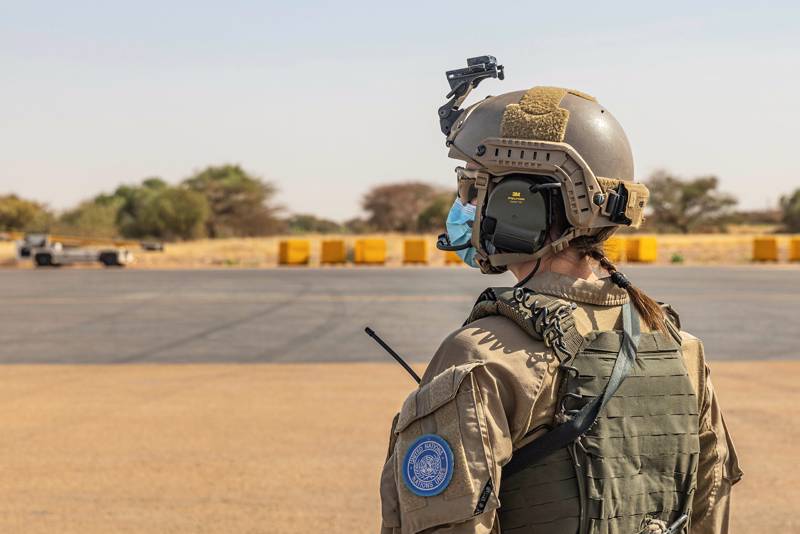The Norwegian Armed Forces first opened its doors to women in 1976. Since then, over 200 different measures have been implemented in order to increase the proportion of women in the military. Yet, despite these substantial efforts, Norway consistently ranks below its NATO allies when it comes to women's inclusion.
Internationally, Norway deploys only a few women to peacekeeping missions every year. Because of these low deployment rates, Norway has failed to live up to both its own National Action Plan targets, and international commitments to deploy more female personnel to peacekeeping missions. With Norway serving in the Security Council in 2021, this topic becomes an issue of international credibility.
The aim of the project is to assess the relative importance of ten different barriers for women and men's deployment to international military missions. This will allow for evidence-based policy recommendations that can contribute to the Norwegian Armed Forces' ogoing efforts nationally, and to Norway's international credibility in advancing equal opportunities and the Women, Peace, and Security Agenda.
The project builds on and further develops the Measuring Opportunities for Women in Peace Operations (MOWIP) assessment methodology. This consists of a representative survey of about 400 participants, a fact-finding form covering data on all the barriers, and elite interviews.
The project is part of an international collaboration led by the Geneva Centre for Security Sector Governance (DCAF) and Cornell University. Other countries contributing to this study are Bangladesh, Canada, Ghana, Jordan, Mongolia, Senegal, Uruguay, and Zambia.












